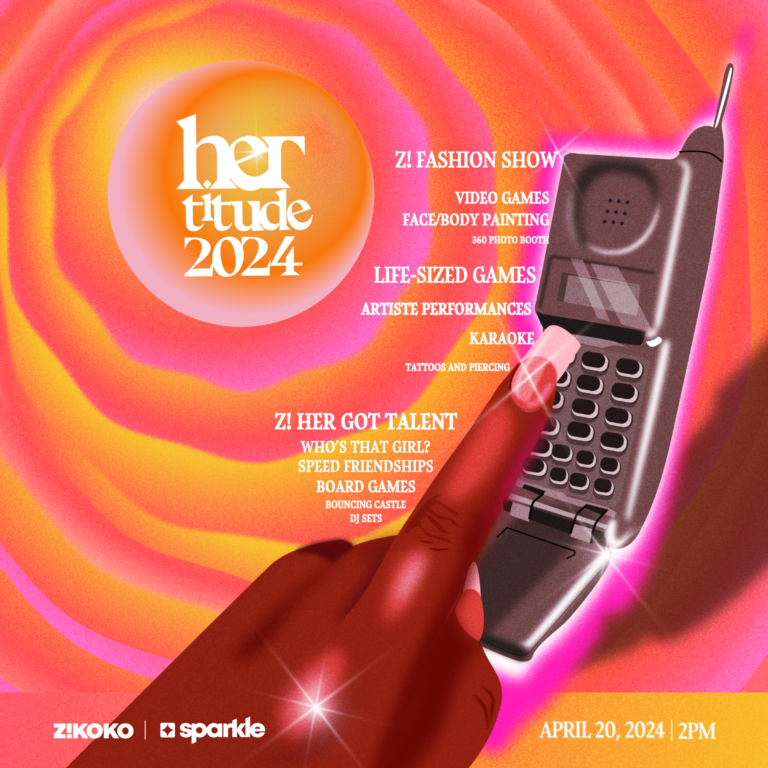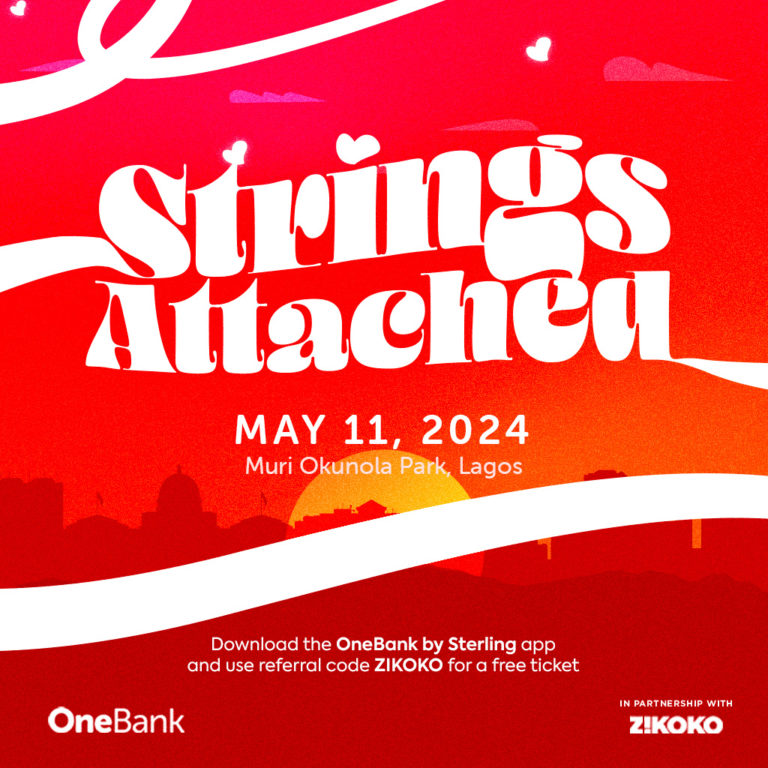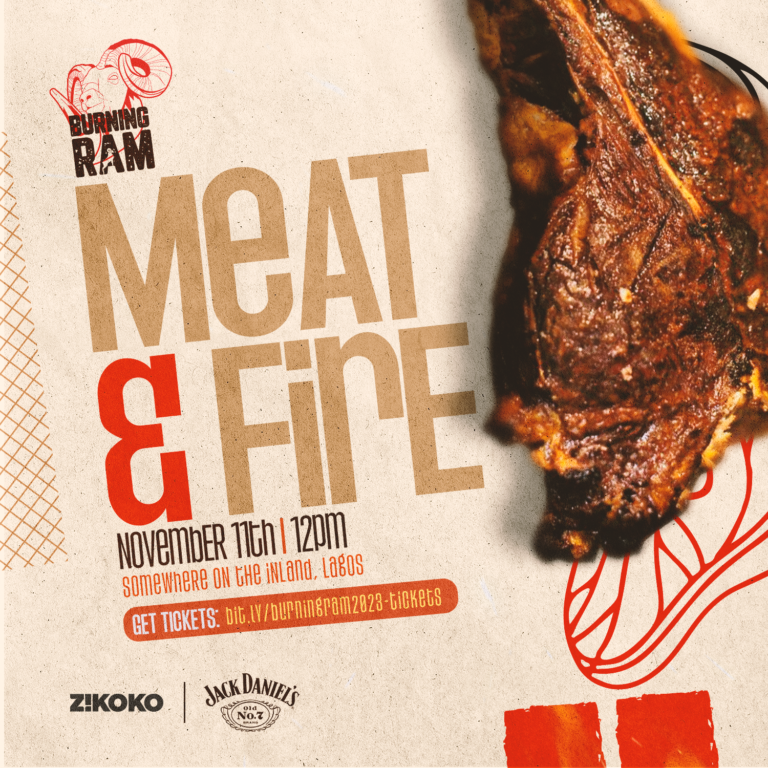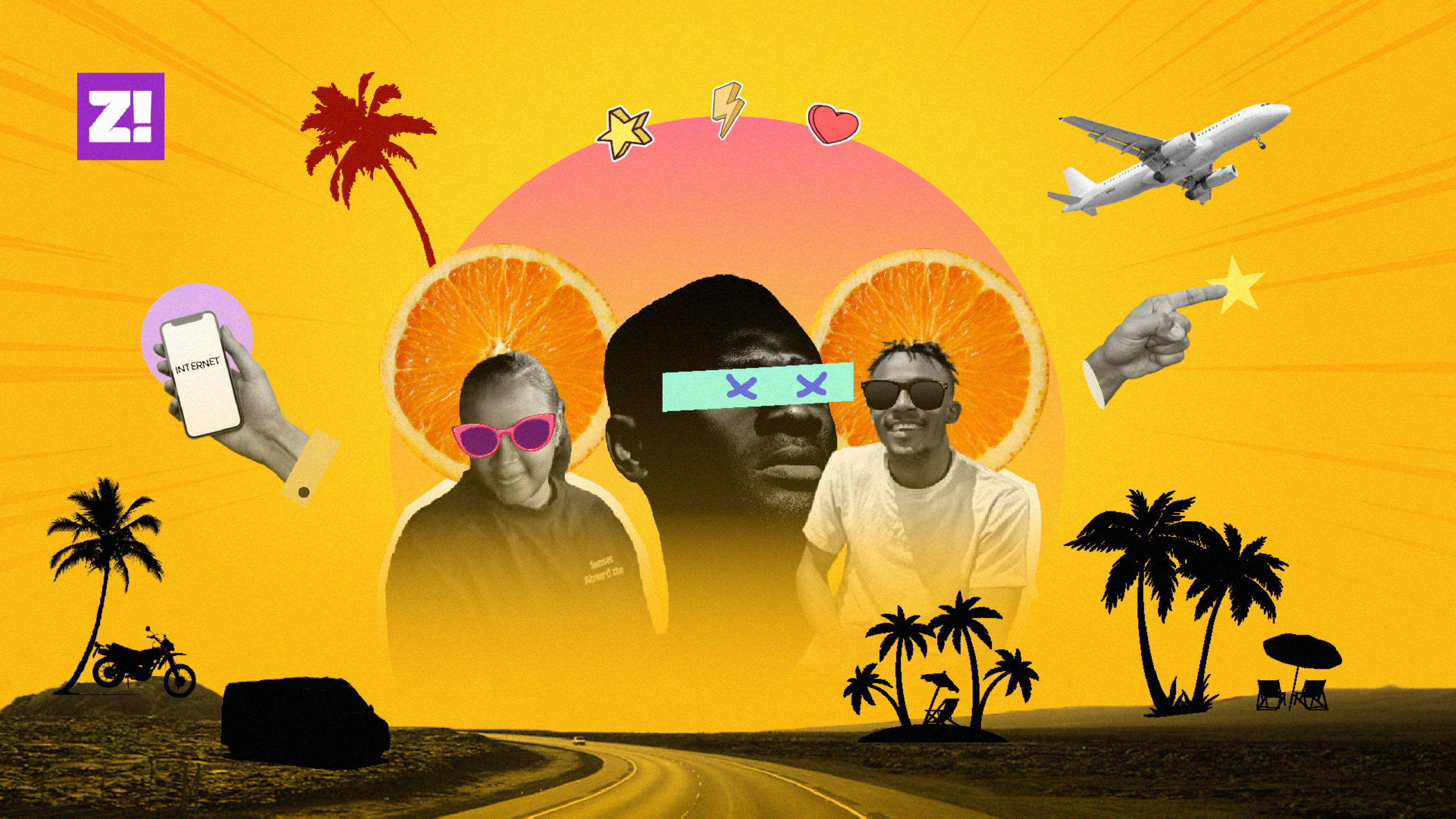This week’s What She Said is Modupe Ehirim, a 62-year-old Nigerian woman. She talks about growing up in a close-knit family, choosing to marry rather than continue with her education in the UK and not knowing how to make friends until she was 50.
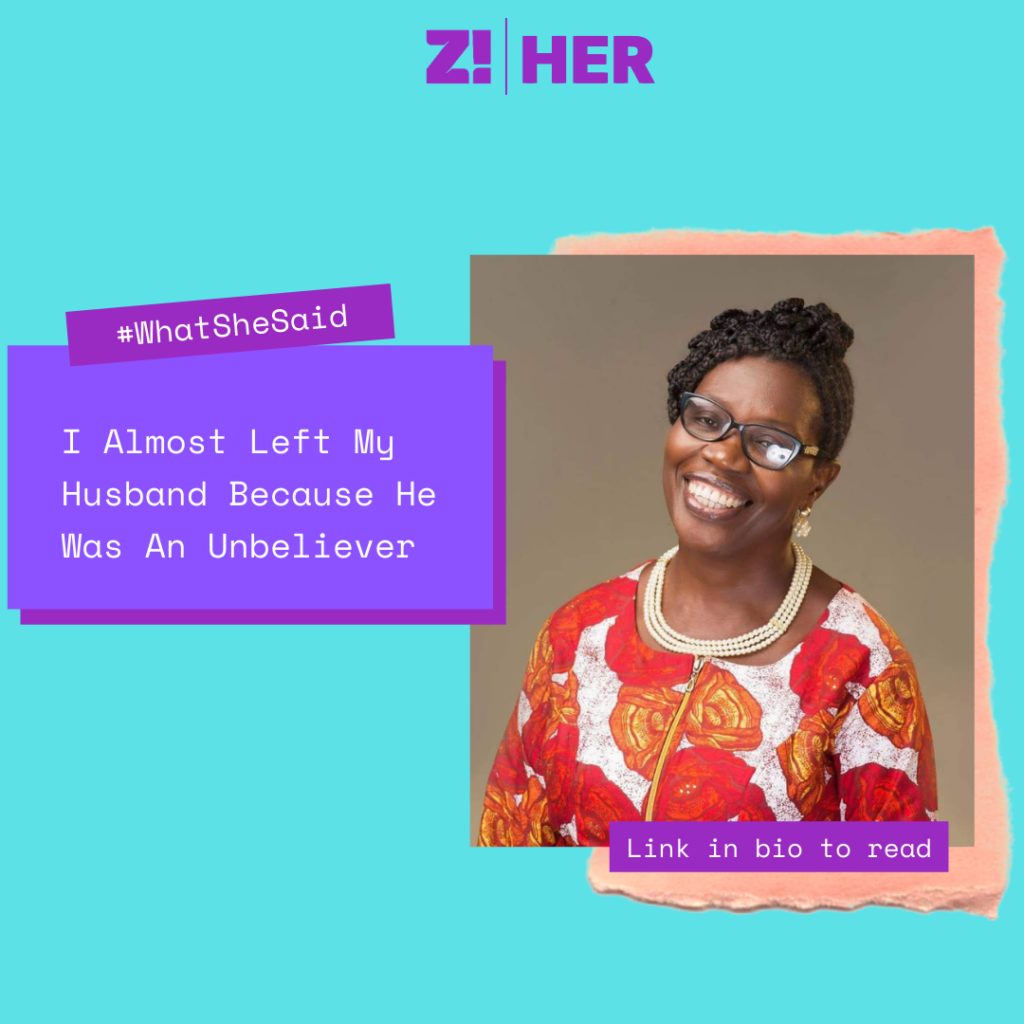
Let’s start from the beginning.
When I look back now, my parent’s relationship with the world and then with us formed a significant foundation for my life. My father lost his parents before he was 10, so he had to figure out life by himself. My mother’s parents left their hometown for Jos, so they were removed from their local culture. When my parents started a family in Lagos, they started a culture of their own.
What was the culture like?
In a nuclear family, you have to get on well because you only have your parents and siblings. I have four siblings, and if I reported any to my mum for offending me, she would hear me and my sibling out. She would show us how we both contributed to the problem.
I was encouraged to read. My mom would say books are good because if there’s anything you want to do, and you don’t know how to or can’t find somebody to show you how to, you’ll find it in a book. My parents also knew that they couldn’t give us what they didn’t have, so everytime we had an obstacle they didn’t have answers to, they told us to figure it out and come back with what we found to make further decisions.
Were there any downsides to this?
The only downside of being brought up so close-knit was that I didn’t know how to connect with people. So I didn’t have any close friends until I was about 50 years old.
What did you have?
Just people. In the 60s and 70s, I went to a primary school that was close to home in Surulere. Schools then were for the locality, so everybody in that school came from the area. It was so close-knit that, if you did something, the headmaster would call your name with the school loudspeaker and the community would scold you even before your parents did.
So what happened after primary school?
I was one of the first people to go to secondary school from Standard 4; it used to be up to Standard 6, which meant you spent 8 years in primary school. But the government wanted to see if six years of primary school education would hurt students, and I was one of the first set that tried it. I did the common entrance and passed, then I went to Queens School, Ibadan.
How did moving away from your home and community feel?
I’d never been with other people before in my life, but it helped that I came from the kind of home that I came from — though I missed home, I never forgot where I came from. I was overwhelmed by some of the things I saw.
Like what?
The first day I went into the dining hall, I was laughed at for not knowing how to use the cutlery. That made me feel bad. I looked at them and wondered what kind of people would treat someone that way. I was also much younger than my mates and very tall. Anytime we had an outing, we were always made to stand according to our height. By the time they counted, I almost always got left out.
Was any part of school good?
Oh yes. Everything else was good. School taught me to live with other people, and we learnt how to be responsible.
When it was time to go to university, as they dealt with most things in my life, my parents said, “Okay, you know what? We’re not knowledgeable in this area. Go find out how they’re doing it and then come tell us so we can look at it together and have a plan of action.” When I was filling my forms, I looked at the courses and looked at the subjects I liked. I didn’t like writing, I didn’t want history, bible knowledge, economics or any course that required you to write notes, but I loved maths and reading.
What did you eventually choose?
Food science and technology. I wrote my exam — you had to write an exam at every university you were interested in. I passed and got admitted to the University of Ife. So off I went. And here was how my trajectory changed. In my second year, I did two core courses in chemical engineering and scored 98 and 100. The lecturer looked for me and asked why I was studying food science and technology. He said food science and tech was a speciality within chemical engineering; why did I want to specialise in my first degree? His name was Dr McCauley.
He spoke to my department and told them they would be doing me a disservice if they held onto me. I would be their star student, but it wouldn’t help me. And so I went on to study chemical engineering.
I’m grateful I met him because he told me: “You’re intelligent. You’re not supposed to measure yourself against your classmates, not because they’re not good enough, but everybody ought to measure themselves against their potential.”
Tell me about your potential.
I got a first-class in chemical engineering.
What about relationships?
The person easiest to lie to is the person that has grown up in a community where everyone tells the truth. In school, when people said they liked me, I assumed they liked me and not for romantic reasons. During weekends on campus, people would bring movies, clubs would have parties and we’d socialise. When someone asked, “Do you want to see a movie with me?” I thought nothing of it. Or when someone said, “Come to my room”, I wouldn’t think anything would happen. I found myself in impossible situations sometimes.
My first romantic relationship — that I will tell you about — sort of ended during NYSC. We tried to plan our life together, but when you plan your life with someone and you don’t know what you’re supposed to be planning, it will lead to quarrels. We couldn’t harmonise our plans because, for our postgraduate dreams, my parents could support me and his couldn’t. Eventually, I got a scholarship and could leave, but he couldn’t.
Interestingly, my husband did his NYSC the same place I did mine — Nigerian Breweries.
Rewiiind.
Haha. We were about 15 serving together, and we’d have lunch and go to the company bar in the evening. We were at the bar one day when this man said, “Nigerian girls ehn, they can pose for Africa. If they like you, they’ll still be doing like they don’t like you.”
And I said to him, “Excuse me, which planet are you from? If somebody is posting you like that, it means they themselves don’t know what they want. If you ask them and they want to go, they would.” I told him to test me and ask me out.
Ghen Ghen.
He asked me out a few weeks later, and I said “No.” I had other plans. He asked me out another time to a movie theatre, then to visit him at his place in Festac. I was determined to prove to him that I knew my mind, and so I agreed.
Were you uncomfortable?
I was one of two girls in an engineering class for five years. I was comfortable around men.
On my way to Festac from Surulere, it rained heavily. The taxi who carried me told me to come down at some point. Festac was new and people were still unfamiliar with the area. We’d gone round but couldn’t find the place. Someone let me stay in their house until the rain went down. I was finding my way back home when I noticed the street names and traced the house. He was surprised.
And then.
We talked. He had so many LP records. He started playing Oliver Newton-John for me. Our friendship started there. He’d buy me chocolates, buy me cards, walk on the side closer to the road; all the kinds of stuff that you read in books.
By the time that we’d known each other for about three months, I said to myself, “If this man asks me to marry him, I will.”
How were you so sure?
He was so clear about what his life was, what he wanted to do and how he wanted to do it. And I was trying to figure out my life. He was like, “This is what I want and you need to figure out what you want so that you can know whether I fit in.”
When it was time for me to go to the UK for my programme, he said, “I really like you, but you know that I want to get married in such and such a year. And you will be in the UK. And I don’t want to be on a different continent from my wife. So if you choose to do a PhD, I may not be able to wait for you.” I could understand where he was coming from because when you use Airmail to write your letter, it would take four weeks to get to Nigeria, and then four weeks for a response to get to you.
How did you decide?
When I went to the UK, I struggled. Did I really want to stay in the UK and do a PhD? Or did I want to go back and marry this person? We had a chaplain in the school we could talk about all these things with. He said, “It is important for you to know that whichever route you choose, once you start going on that route, you’ll see the challenges there and you’ll think the other path was better.”
I concluded that I wanted him.
There was also the part where I wanted to practice engineering design after school, but even with my first-class honours in engineering, I could only work in a refinery or as a lecturer.
What happened next?
I got a job in the Federal Ministry of Commerce and Industries. Then something happened.
The year we planned to get married, my husband’s younger brother died, and his parents said they needed to mourn for a year.
In that time, I renewed my relationship with God and told my husband I wasn’t interested in him anymore because he was an unbeliever. My parents found out when they dropped by his house and he asked them why they were there. When they got back, they asked me, “Dupe, did it not take you some time to become a Christian? What makes you think he won’t?”
And so we got married.
Were your parents Christians?
Not in the sense of being born again.
How did you build this relationship with God then?
I started reading the Bible, and in the book of Romans, it seemed like Paul was sitting across me and speaking to me. I was a good girl in the eyes of everyone, but I knew a lot of things about myself that weren’t good. I admitted this to myself.
We had a revival in my church and there was a visiting preacher who spoke to us. I met with him to tell him about these things, and he explained that what was happening to me was I was coming to a realisation that I could not do good by myself. So I read the Bible and kept journals as my faith grew.
You mentioned earlier that you didn’t have friends until you were 50. What changed?
The funny thing was I had met a lot of people in my life, and if someone needed help, I knew who to call. While I didn’t do anything on my part to keep the relationships, my sister kept in touch with these people and she drew me to them. I started a relationship academy and realised I needed to connect with people. I used to think I was an introvert, but I just didn’t master the skill of connecting with people, so I worked on it.
For more stories like this, check out our #WhatSheSaid and for more women like content, click here

